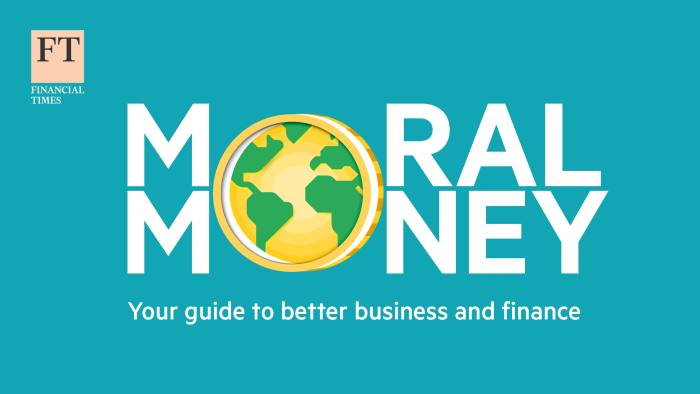[ad_1]
When the Asian Infrastructure Investment Bank tested investor appetite for a A$500m (US$392m) “sustainable kangaroo†bond last month, it presented an unusual proposition: rate the bank, not the five-year, Australian dollar-denominated note.
Debt issuances are typically assessed on an individual basis by rating groups. But the Beijing-based development bank, which has a $10bn borrowing programme this year, is touting a new framework for assessing its sustainability credentials at an institutional level, which can then be applied to all of the bonds it issues.
“If you are an investor, what are the tools that you have to really judge and be assured that what you are touching, what you are investing your capital in, is being committed to the causes that you really want to support?†Domenico Nardelli, AIIB’s treasurer, told the Financial Times.
One of the “major constraints†in sustainable investing stems from a lack of taxonomies or agreed standards between countries for screening and monitoring funding and projects, he added.
Moral Money

Moral Money is our new weekly newsletter covering sustainable business, finance and investing. Sign up here for breaking news and insightful analysis on this bubbling revolution.
“We said: ‘Maybe we can see if we can remove some of the uncertainty and really place the issuer — AIIB — in the market as a sustainable issuer’ . . . If you are a potential investor in a bond issued by AIIB, you don’t have to worry about which of our bonds you are going to buy,†he said.
AIIB has nearly doubled its membership to 103 countries since it was launched in 2016 and has approved $24.15bn in financing across 119 projects.
The introduction of the framework comes against a backdrop of concern over greenwashing in the ESG bond market. Some environmental experts have criticised the AIIB’s oversight of its investments.
Part of the proceeds from the “kangaroo bond†are earmarked for boosting private sector investment in infrastructure in Asia by partnering with asset managers, who pool portfolios of loans into investment-grade tranches.
However, Inclusive Development International, an environmental campaign group, has raised concerns over AIIB’s efforts to boost private investment in Asia using third-party managers.
“Without going deeper and assessing risks and performance at the project level, the AIIB unavoidably opens itself up to exposure to adverse impacts,†the group wrote on China Dialogue, an environmental news website, on Tuesday.
“This is exacerbated by the transparency void in which these projects operate, with no public disclosure of portfolios, and no information published on how the bank interacts with fund managers,†IDI wrote.
IDI urged the AIIB to boost oversight and due diligence of the asset management groups with which it partners and the companies in which they invest.
Issuance of bonds marketed as green, social or sustainable more than doubled to $700bn last year, taking the cumulative total to $1.7tn, according to the Climate Bonds Initiative.
AIIB executives believe their new bond framework could be adopted internationally by other sustainability focused development banks.
Climate Capital

Where climate change meets business, markets and politics. Explore the FT’s coverage hereÂ
[ad_2]
Source link





